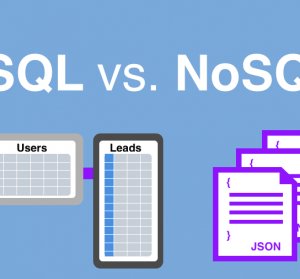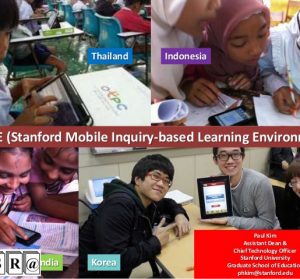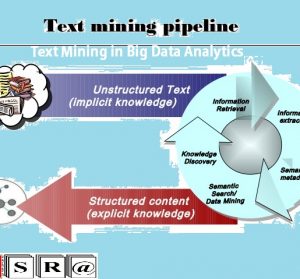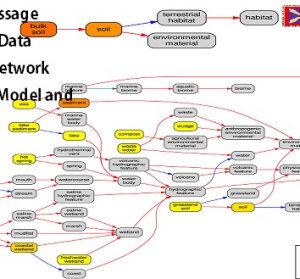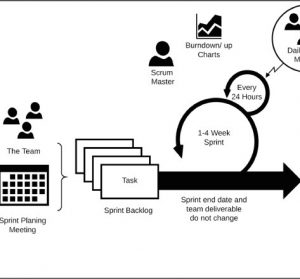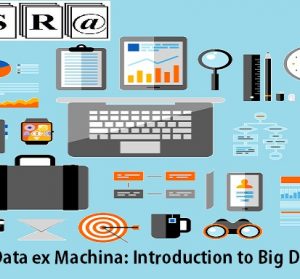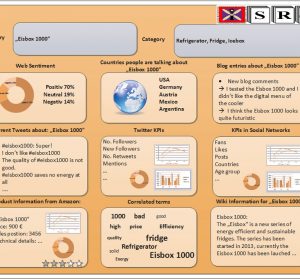What are the applied sciences?
The word applied in applied sciences and professional science refers to how scientific and professional skills are used in jobs and professions.
In other words, it means applying scientific knowledge to a physical environment.
Applied science – the discipline dealing with the art or science of applying scientific knowledge to practical problems; “he had trouble deciding which branch of engineering to study
[caption id="attachment_447" align="aligncenter" width="1280"] Applied science[/caption]
Applied science[/caption]
This is what we call vocational training, in which you receive special training for specific occupations. So when you decide to enroll in a bachelor’s or master’s degree in this field, you have chosen your future job and will be trained to prepare for it.
Once you have chosen a particular profession or science as your future job, then you will take courses that will prepare you for the skills related to that job.
What professions need vocational training?
- Forensic medicine
- Librarianship
- Real estate consultant
- Social work assistance
- Nursing
- And …
You can’t learn these skills on your own!
So once you get a degree in this type of job, you will be directly employed to practice your acquired skills.
The field of applied and professional sciences alone is not a field in itself. Therefore, you must choose a profession or science and apply your knowledge in that direction and work in it.
Applied science
Applied science is a discipline that applies existing scientific knowledge to develop more practical applications, such as technology or inventions. Within natural science, disciplines that are basic science also called pure science, develop information to predict and perhaps explain—thus somehow understand—phenomena in the natural world. Applied science applies basic science to practical endeavors. Applied science is typically engineering, which develops technology, although there might be feedback between basic science and applied science: research and development. Medical sciences, for instance medical microbiology and its clinical virology, are applied sciences that apply biology toward medical knowledge and inventions, but not necessarily medical technology, whose development is more specifically biomedicine or biomedical engineering. Applied science can also apply formal science, such as statistics and probability theory, as in epidemiology. Genetic epidemiology is an applied science applying both biological and statistical methods.
About KSRA
The Kavian Scientific Research Association (KSRA) is a non-profit research organization to provide research / educational services in December 2013. The members of the community had formed a virtual group on the Viber social network. The core of the Kavian Scientific Association was formed with these members as founders. These individuals, led by Professor Siavash Kaviani, decided to launch a scientific / research association with an emphasis on education.
KSRA research association, as a non-profit research firm, is committed to providing research services in the field of knowledge. The main beneficiaries of this association are public or private knowledge-based companies, students, researchers, researchers, professors, universities, and industrial and semi-industrial centers around the world.
Our main services Based on Education for all spectrums people in the world. We want to make an integration between researches and educations. We believe education is the main right of Human beings. So our services should be concentrated on inclusive education.
The KSRA team partners with local under-served communities around the world to improve the access to and quality of knowledge based on education, amplify and augment learning programs where they exist, and create new opportunities for e-learning where traditional education systems are lacking or non-existent.
 Applied science[/caption]
Applied science[/caption]
